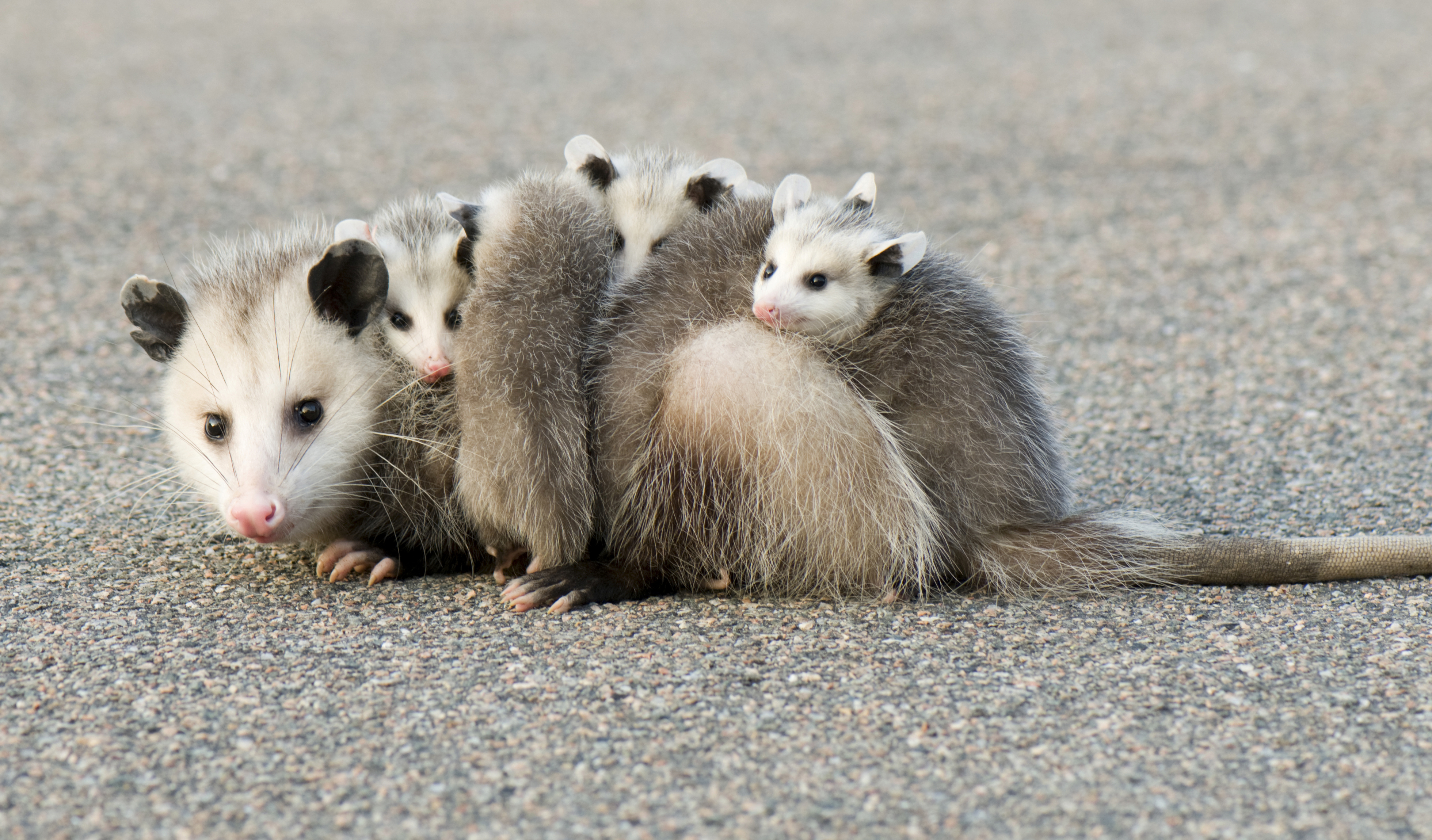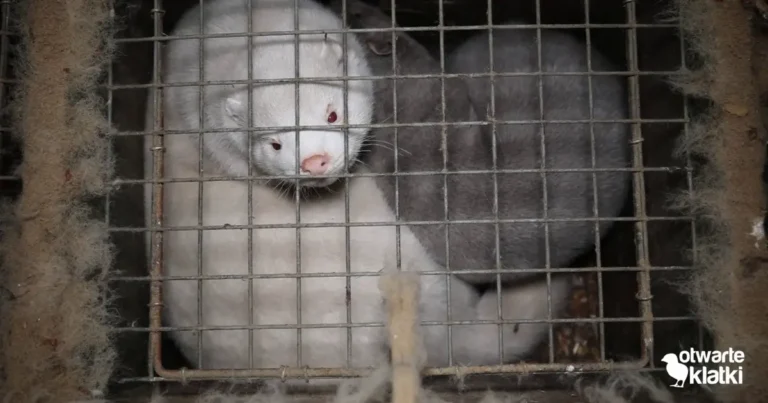
This situation happens all the time with wildlife. If you don’t see a parent, and you don’t know what to do…you should call the authorities: a wildlife rehabilitator. A wildlife rehabilitator can walk you through situations like this, to make sure you are not orphaning a wild animal.
Although one’s heart is in the right place by “rescuing” these animals, unnecessary trauma is caused to the orphan and the parent who is left frantically searching for their offspring.
Sometimes they do need to be rescued. There is a huge variety of circumstances that can happen, so the easiest, most thorough thing to do is make that call and talk to a rehab facility.
Here are a few of the most common situations (from the Wildlife Rehabilitators’ Network of BC website):
Young birds
- If there are no injuries (and the bird has NOT been caught by a cat), leave it alone. Watch constantly for up to 1 hour to see if any adults return to the area.
- If on a roadway or walkway, it can be safely moved 10-20 feet. Watch for adults.
- If you see dead or adult siblings – the bird needs care. Contact a wildlife rehabilitator immediately.
- If you find a nestling (no or sparse feathering) – return the bird to its nest immediately (it is a myth that parents will reject young birds handled by humans). If the nest has been damaged, make a simple substitute and replace as near as possible to the original site. Watch for adults.
- If you find a fledgling (mostly feathered but incapable of full flight) – these birds are newly out of their nest and learning to fly. This process can take anywhere from several hours to upwards of 10 days depending on the species. First watch from a distance for up to 1 hour to see if an adult returns; they are often off foraging for food to return to their young.
- If no adults are seen or there are obvious injuries, the bird will require emergency care. Place in a covered, ventilated box lined with paper towel, in a warm, quiet area and DO NOT FEED (feeding can complicate internal injuries and improper food can be fatal). Contact a licensed wildlife rehabilitator immediately. Wash your hands with soap and water after handling.
Young mammals
- Young mammals are often left alone by their parents for lengthy periods of time. However, the mother is often nearby. Wild rabbits, for example, only return to feed their young once a day.
- Young mammals have little scent to protect them from detection by predators.
- If you find an orphaned mammal that does not appear injured or ill, leave it alone. DO NOT HANDLE. Return in several hours or even overnight – usually the young will have been moved.
- If the young have not been moved overnight, what is their overall condition? Are they dehydrated (wrinkled skin, sunken eyes, shrunken belly)? Are they soiled with feces, crying out? If they appear well fed and alert, leave them alone. If not, contact a wildlife rehabilitator immediately. DO NOT FEED. Young mammals have very specific milk requirements that cannot be met with traditional commercial formulas – most of which will prove fatal or harmful to their digestive tract. If you have already fed the animal, consider them to be injured and their digestive tract compromised – and the animal must be then brought into a licensed rehabilitator for care.
Reblogged with permission from MetroWild of British Columbia.
